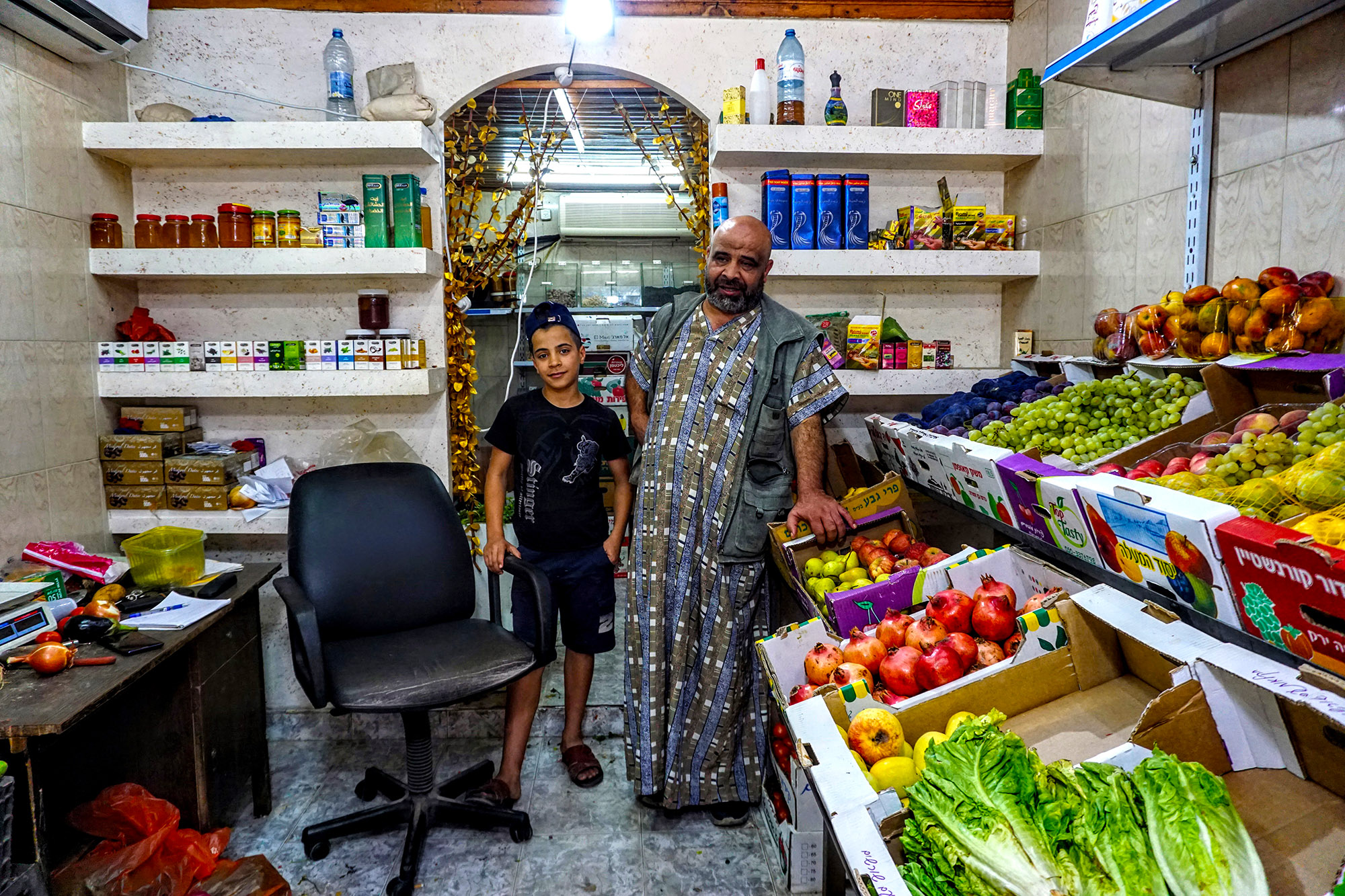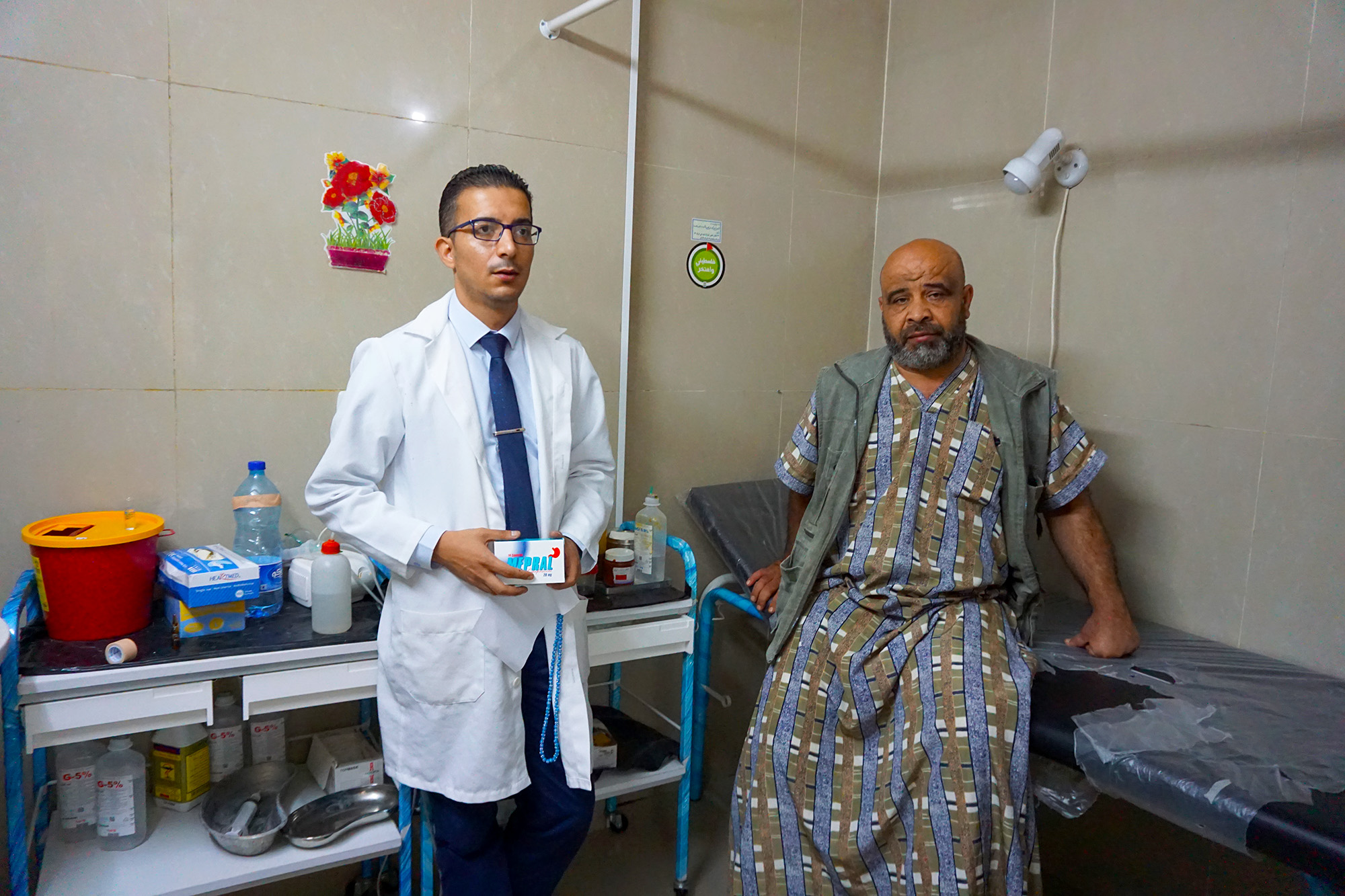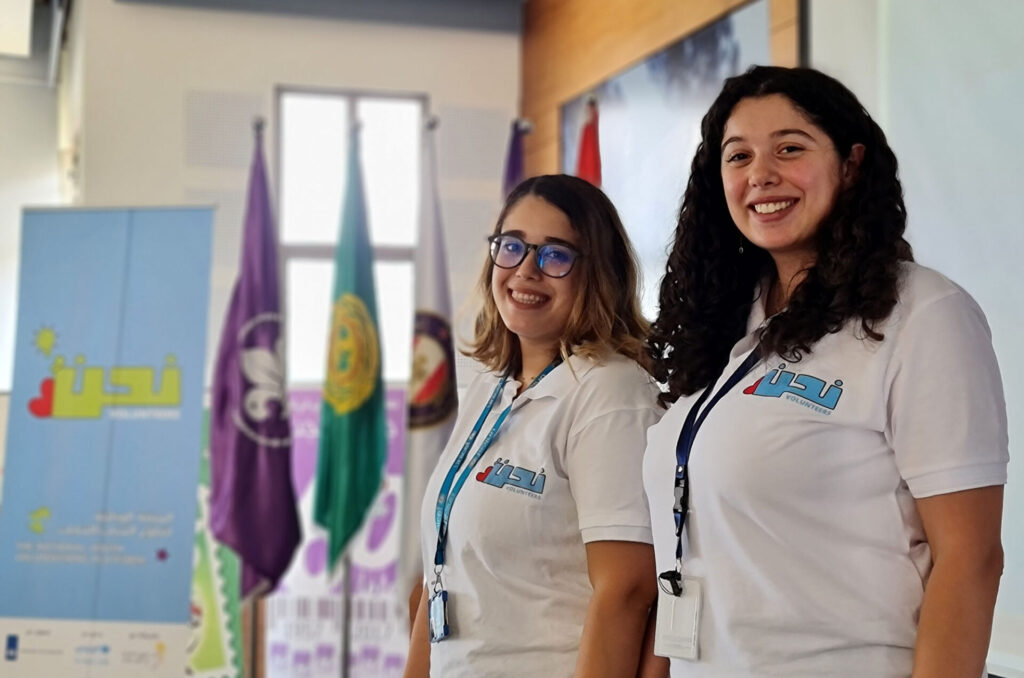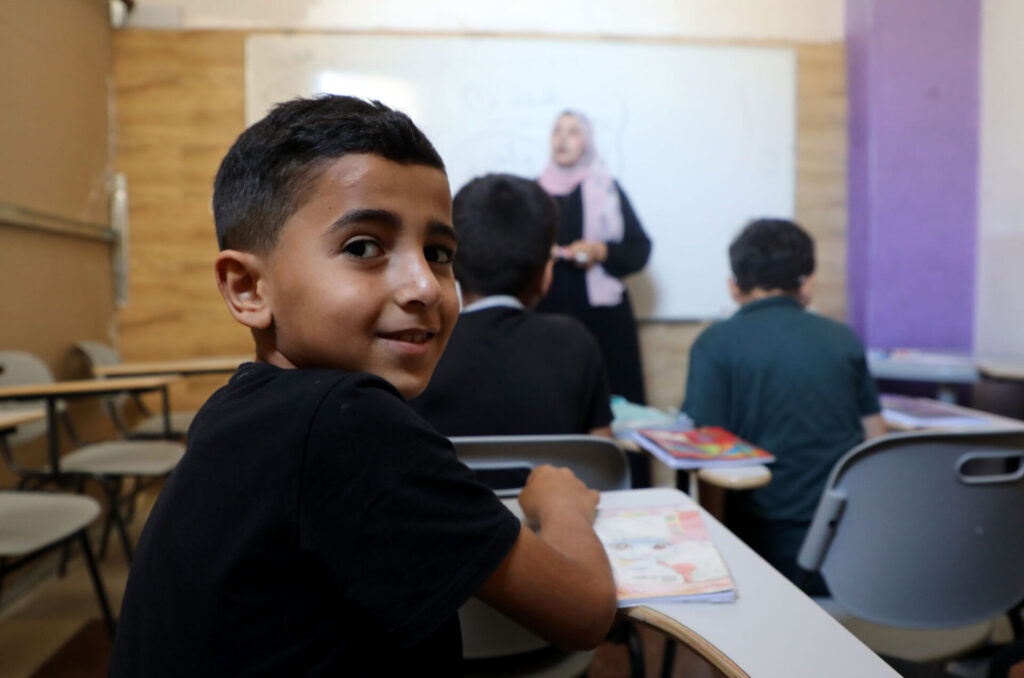HEALTH
Good Health is the Spice of Life in Balata Refugee Camp
Oct, 2019
Anera recently donated 1,000 locally-procured boxes of the medicine omeprazole to the Yazour Charitable Society's Health and Social Medical Clinic in Balata Camp through a grant from Islamic Relief USA.
It is a bustling day at the Balata Refugee Camp in the West Bank. At the pharmacy of the Yazour Health Clinic, Dr. Ayham Abu Nadi is talking to his patient Raed, about his health history.
Earlier in the day, Raed, 48, was selling fruits and spices in the camp’s central market. His youngest son Ghaith helps him, because Raed’s health has been on the decline.
Each morning Ghaith rises with the sun and takes his bike to the market to sell their goods until he needs to leave for class. After school, he comes straight back to the market.
To make his spices special, Raed makes his own homemade seasonings. “My special is a spice mix for maqluba,” he says, referring to the famous Palestinian dish that is flipped upside down before serving. Raed sells seasonal fruits and vegetables as well.
Walking the streets of the camp, Raed points out where he lives, down a narrow alley. It is far too cramped for an ambulance - only about three feet (one meter) separates the walls on either side of the street. In a medical emergency, a person who needs help is carried out on the backs of neighbors and passersby while kids run down the streets asking everyone to clear the way to the clinic.
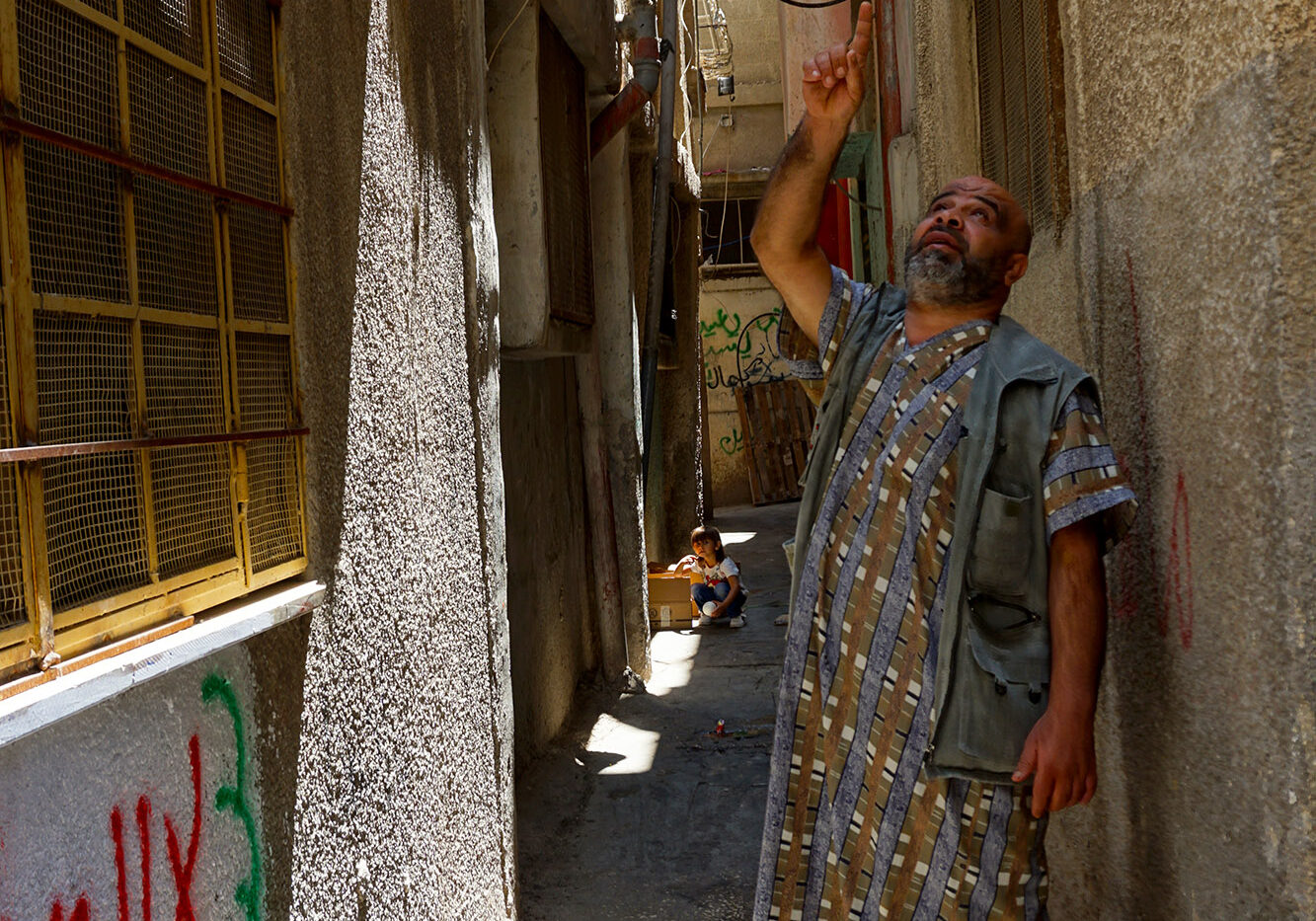

Raed lives with several chronic medical conditions, including high blood pressure and diabetes. He has adapted to living with his health problems.
One unpleasant condition he couldn’t live with, though, was severe stomach pain. “I wasn’t sure how I could deal with it,” he said. His regimen of medications is likely to blame. Some of them can cause severe stomach ulcers.
To treat the ulcers, he takes omeprazole twice a day. Omeprazole helps cure ulcers and promotes the growth of a strong stomach lining, Abu Nadi explains. Anera procures omeprazole locally in the West Bank and distributes it to clinics that serve vulnerable Palestinians.
Raed must visit other medical facilities for much of his specialized care. Raed says, “I take all these tests and it costs me $150 every month.” All this money that he spends on medications leaves little for other basic costs.
“Fortunately, the Mepral [omeprazole] Raed receives at the Yazour clinic does not cost him a cent,” Abu Nadi says, stressing how important it is that the clinic makes medicines available without charge to those in need.
The views expressed herein are those of Anera and shall not, in any way whatsoever, be construed to reflect the official opinion of Islamic Relief USA, its Islamic Relief affiliates, or its donors.

